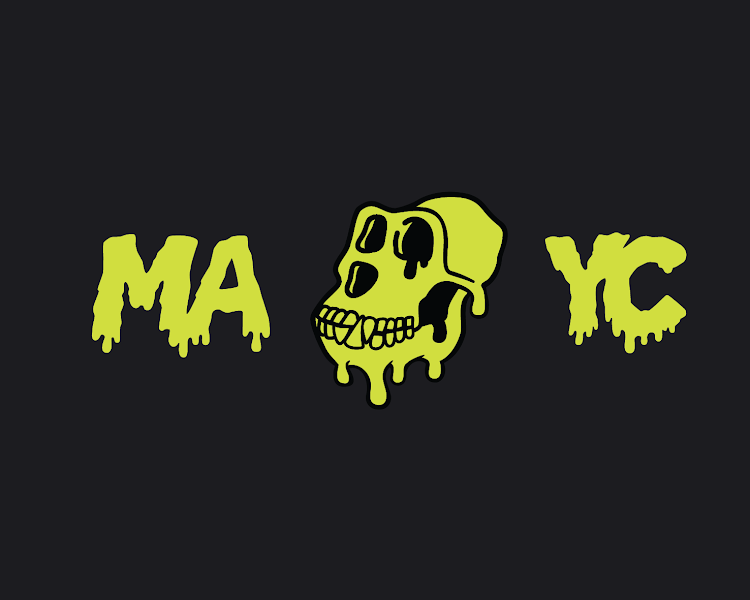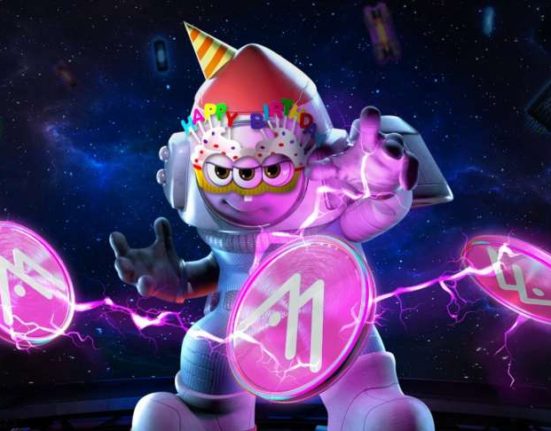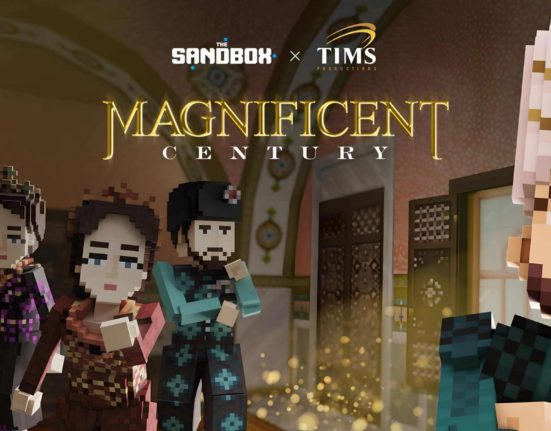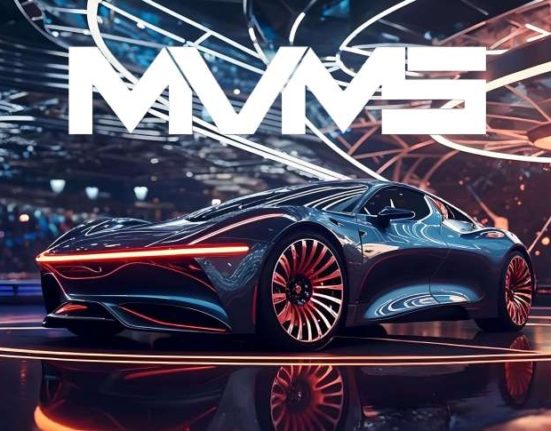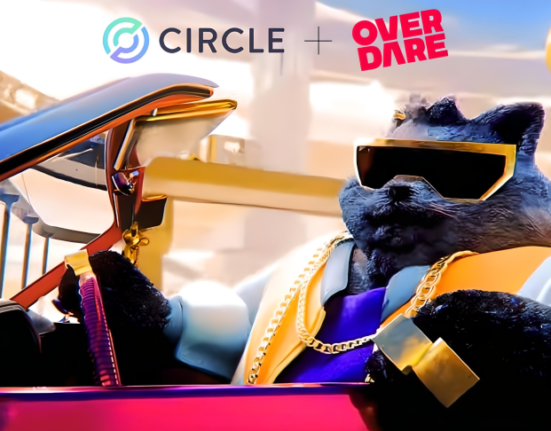Few NFT collections are as popular as the Mutant Ape Yacht Club (MAYC). Second only to its Bored Ape predecessors, MAYC NFTs embody the same prestige as other blue-chip projects, with the bonus of being directly linked to the vast universe being built by Yuga Labs.
While MAYC has become prominent, many enthusiasts remain oblivious to the origins and implications of the coveted collection. Yes, Mutant Apes is a subsidiary of Yuga, but the discerning factors that make them truly unique are often glazed over in the annals of NFT history.
Why were Mutant Apes released in the first place? How have they been able to rise in value alongside Bored Apes? Is there a use for MAYC NFTs outside of their monetary value? With this guide, we’ll aim to answer these questions, and supplement the annals of the BAYC history books.
What is the Mutant Apes Yacht Club?
The Mutant Ape Yacht Club came as a collection of 20,000 Mutant Ape-themed NFTs, created on August 28, 2021. As the second-ever expansion made to the Bored Apes ecosystem, MAYC was created to onboard more collectors into the BAYC ecosystem. Since launch, the collection has gained considerable popularity and now stands alone as a frontrunner in the PFP NFT market.
Before MAYC, there existed only BAYC, launched in April 2021, and the Bored Ape Kennel Club, launched in June 2021. With the PFP (profile picture) NFT market exploding in the summer of 2021, developers were looking for new and innovative ways to release their avatar projects, with Yuga taking the spotlight after delivering MAYC via new novel mechanics.
Each NFT within the collection is based on an original Bored Ape NFT, and was created through a process described by Yuga Labs as “exposing existing Bored Apes to a vial of Mutant Serum.”
Essentially, holders of Bored Apes had the option to pair their unique NFT with a Serum NFT (more on these later) by way of a smart contract integration. This pairing mechanism — which is still very much functional even after most Mutants have been redeemed — effectively destroys the Serum token and creates a new, mutant-inspired NFT in the image of the original Ape. All without actually changing the initial NFT in any way.
Half of the 20,000 NFTs within the MAYC collection were created in this fashion, with the other half sold via Dutch auction — where a sale starts at a set amount and then drops over time to the final sale amount. The auction started at 3 ETH (around $10,000 at the time) and was set to drop to 0.01 ETH over nine hours. But the auction didn’t make it through the full nine hours, only lasting roughly an hour and reaching a final price of roughly 2.79 ETH by the time all Mutant Apes were minted.
Who created the Mutant Ape Yacht Club?
Where did the Mutant Ape Yacht Club start? With Yuga Labs, the parent company of BAYC, of course. The goal of Yuga Labs has remained to build a media empire entirely centered on NFTs, and BAYC NFTs were the first step toward fulfilling this ambition, with MAYC coming soon after.
How to buy MAYC NFTs
Of course, as with anything that Yuga Labs drops, MAYC NFTs sold out at record speed. After the 10,000 Mutant Serum airdrop had concluded, the Dutch auction took effect, which, again, only lasted an hour. Nowadays, the only way to obtain a Mutant Ape is to purchase one outright via secondary sale on one of the prominent NFT marketplaces (OpenSea, LooksRare, Rarible, etc.). Otherwise, you could purchase an unmutated Bored Ape and a Serum to mutate it, but that will likely fetch you upwards of $100,000…
What are Mutant Serums?
Naturally, existing Bored Ape community members were the first to receive Mutant capabilities, and this was by way of an airdrop. Before the MAYC public Dutch auction, every BAYC holder was airdropped one Mutant Serum per one owned Bored Ape. With these Serums, holders were incentivized to mutate their NFTs and create new ones or hold and sell the Serum for a profit.
Mutant Serums are a collection of NFTs that act as a catalyst for creating a Mutant Ape. They exist under the umbrella of the Bored Ape Chemistry Club, and come in three different varieties: M1, M2, and M3 (often called Mega Mutant Serum). Although anyone can buy and sell Mutant Serums, only those who own a Bored Ape are able to use them to create Mutant Apes.
Each type of Mutant Serum correlates to the stage of mutation that can be achieved through its use. With M1 Serums — of which there originally existed 7,500 — a base layer of mutated traits will be added to the Bored Ape. Users might see an Ape’s fur begin to disintegrate and accessories come alive. With M2 — capped at 2,492 — more pronounced mutations become available, drastically and sometimes almost completely changing the appearance of the Bored Ape.
But, whether you apply M1 or M2 Serums, mutated traits still preserve much of the base Ape. If an Ape has a party hat, the hat will simply change, not disappear altogether. The same goes for other traits such as expression, fur color, apparel, and other accessories. It’s almost psychedelic.

Mega Mutant Serums, on the other hand, once implemented, will completely change the base features of the Bored Ape. Once an M3 Serum is used, an Ape transforms into, you guessed it, a Mega Mutant. These Mega Mutants are extremely rare. With only eight M3 Serums ever made, both the Serums and Mega Mutant NFTs often fetch millions of dollars.
The trajectory of Mutant Ape NFTs
Considering Mutant Apes are tied directly into the Bored Ape and Yuga Labs ecosystem, it’s easy to see why these NFTs have become extremely valuable. Even with a supply of 20,000, the minimum price of a MAYC NFT has consistently stayed above $20,000 for the better part of the collection’s existence.
Of course, this wasn’t always the case. In the months that followed MAYC’s August 2021 launch, the project struggled to gain significant traction. Until the start of 2022, the floor price often bounced between 5 and 7 ETH — only a few ETH more than the tokens originally available via Dutch auction.
Yet, aside from becoming a prominent gainer with ties to Yuga Labs, the Mutant Ape Yacht Club is a unique entity that derives its value not only from its parent company, but factors outside market conditions.

For one, MAYC made it possible for more NFT enthusiasts to join the Bored Ape ecosystem than previously thought. Bored Ape NFTs have alas remained pricey and elusive to the average Joe, but Kennel Club NFTs, and then Mutant Apes have at one time or another seen the bar of entry lower significantly, bringing new levels of accessibility to the coveted BAYC community.
Similarly, Mutant Apes have gained popularity and accessibility among those outside the NFT space — perhaps surpassing Bored Apes in those respects. As several clothing brands and other companies use Mutant Apes as brand ambassadors, even those with minimal familiarity with Web3 can obtain a sort of kinship with the MAYC brand.
Setting aside the controversy that’s fanned up around Yuga Labs and Bored Apes, it’s hard to discount MAYC as anything but a unique, innovative, and now a historical part of the NFT market. And with those accolades in tow, the collection will likely remain revered for years to come.


